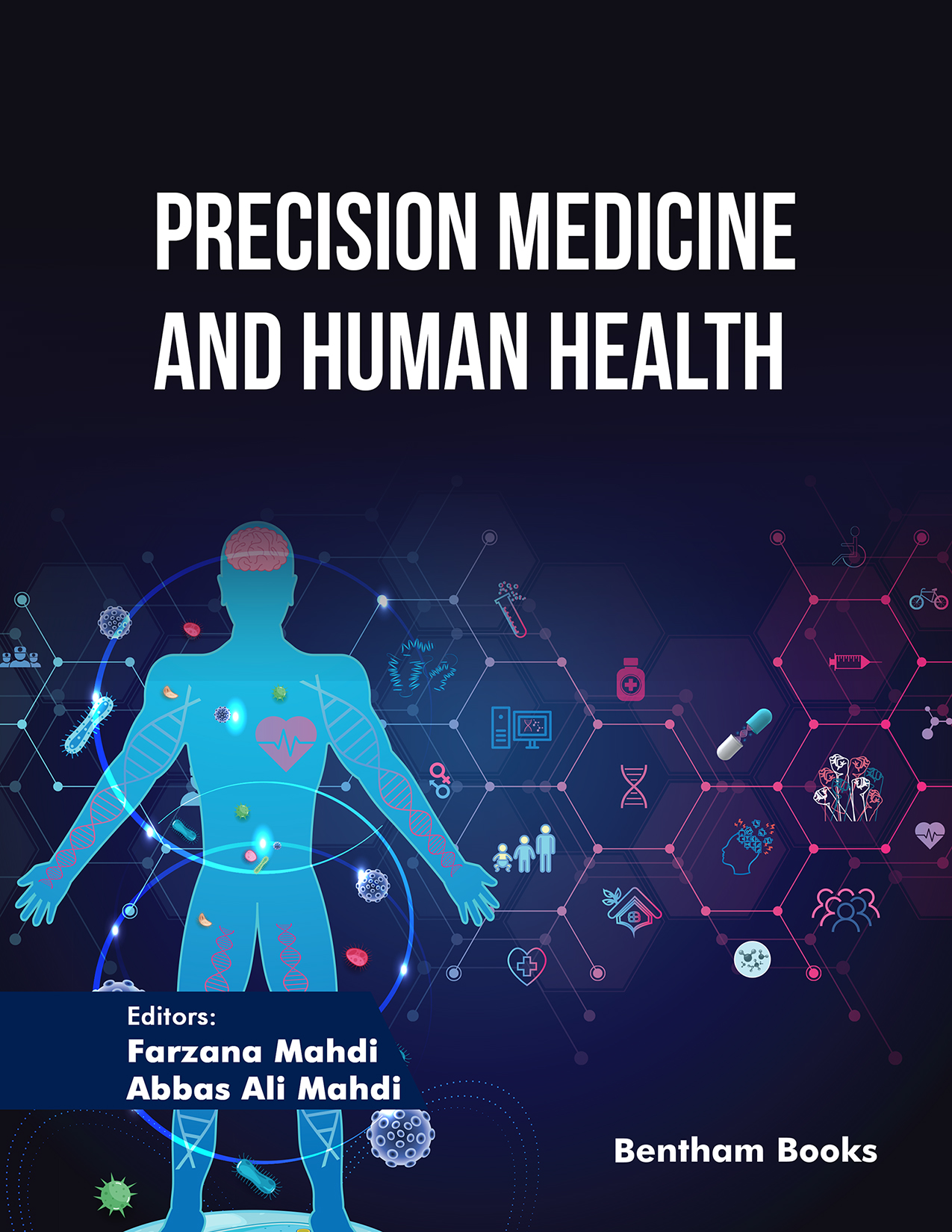Precision Medicine seems to be a new adage in the world of Medical Science. However, a careful analysis of human civilization from across the globe suggests that almost every civilization has been health-conscious and requires medical attention. Historically, the most reliable and single source of all the medicines were plants, which were carefully selected, propagated and used in different forms. American Indians in the USA used plant-based medicines for relieving pain. Approximately, 40% of all modern drugs are plant-based. Among the 252 essential chemicals designated by the World Health Organization, 11.1% are sourced from plants, while 8.7% originate from animals. Currently, the United States employs approximately 19,000 FDA-approved prescription drugs, with several of them having their origins rooted in the animal kingdom. This suggests that almost 50% of all the drugs are either from plants or animals and perhaps many more may be discovered in due course of time.
The concept of precision medicine has already gained momentum over the world. Simultaneously, medical science has made remarkable progress using the data from the field of Omics, cell and tissue engineering, and gene therapy. The progress and success with molecular taxonomy and tissue expressions in genetic variants have brought confidence in precision diagnosis, efficient prognosis, prevention and effective treatment. We do not have a cure for all the diseases, but are on the right track of passing on the benefits of new knowledge and technology to the patients and their families.
The book Precision Medicine contains well organized 20 chapters covering a wide range sub-disciplines. An overview of several important topics in addition to a critical appraisal on precision medicine has been provided. This initial attempt in the country shall pave the way for more such books on specialized sub-disciplines in future. Advances in today’s medical sciences has provided a scope for new drug molecules, next generation vaccines, stem cell and gene therapy, robotic surgery and other high-end medical intervention. A careful analysis of drug molecules and finding the drug target in the body without any side effects are the areas that still warrant relentless research and innovation.
The present book on precision medicine is the brain child of Professor Farzana Mahdi and Professor Abbas Ali Mahdi, who have shown exemplary courage, determination and concern to provide the best possible care to the patients. Era University has a well-known and highly respected medical college. During the upsurge of Covid-19, more than 3200 patients were cured and the success rate was 98.5%. This is an achievement that has been duly acknowledged by the honourable Governor of Uttar Pradesh.
Professor Farzana Mahdi and Professor Abbas Ali Mahdi are hard core academicians, distinguished biochemists, capable administrators and great mentors. Both believe in quality research and transparent dealing with excellent academic records to their credit; publishing papers in high impact factor journals. They are well connected with the global body of scientists and keep an eye on the emerging advancements in the area of biomedical research. Professor Farzana Mahdi has successfully helmed the Era University as a Vice Chancellor during the pandemic of Covid-19, and Professor Abbas Ali Mahdi is the current Vice Chancellor of the university.
It is gratifying to mention that all the chapters in the book, one way or the other are related to Precision Medicine. I am very hopeful that this book would fuel the thoughts of academicians, clinicians and researchers alike transgressing all the sub-disciplines of biomedical research eventually culminating into a better human health care system.
Rameshwar N. K. Bamezai
Former Vice Chancellor, SMVD University, J & K
Former Hon. Director, Delhi School of Public Health
Institution of Eminence
University of Delhi
Delhi-110007

